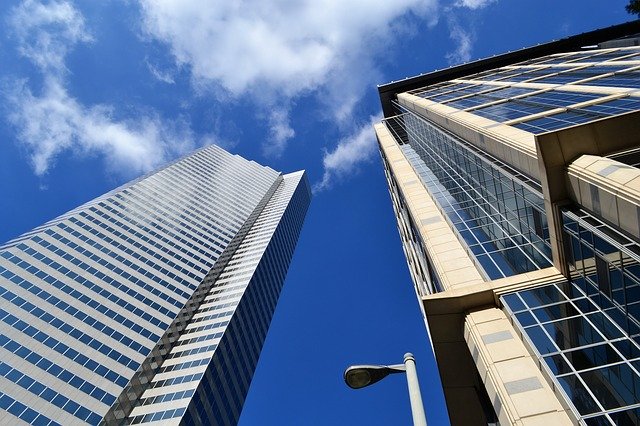

Updated on September 17, 2021
This blog post explores the commercial landlord’s duty to mitigate damages and explores other nuances of the law commercial landlords can use protect themselves in these economically uncertain times.
Work stoppages and business shutdowns during Coronavirus have left many commercial tenants unable to pay rent. When a commercial tenant fails to pay rent and abandons the premises, the commercial landlord may be entitled to damages. Despite common misconceptions, the total damages is often not the remainder of rent due until the expiration of the lease agreement. Instead, commercial landlords often have the duty to mitigate damages.
A commercial landlord may file a lawsuit for breach of contract after a commercial tenant abandons a lease. Abandonment relates to situations where the tenant has either failed to pay rent for 14 days or reasonably appears to have move out of the property despite still having obligations under a lease. (California Code Section 1951.3) In California, when a commercial landlord believes a tenant has abandoned the rented premises, the commercial landlord should submit a Notice of Abandonment to the commercial tenant that complies with California Law.
After fulfilling proper notice requirements, the commercial landlord may be entitled to damages. For example, pursuant to California Code Section 1951.2, the commercial landlord may recover:
However, these damages are not unlimited. The commercial landlord is required to mitigate these damages by making a good faith attempt to re-let the property. (Lu v. Grewal, (2005) 130 Cal.App.4th 841.)
Despite the commercial landlord’s duty to mitigate, there are some nuances to the law that favor landlords after tenants abandon the property. An example of one nuance is that the burden of proof to show that the commercial landlord did not mitigate is upon the tenant (California Code Section 1951.2) Thus, if a commercial landlord files a lawsuit for breach of contract, the commercial tenant will be required to present evidence to show that the landlord failed to mitigate.
This begs the question as to how does a landlord mitigate its damages. Mitigation comes in many ways. First, and most obvious, the landlord should take all reasonable steps necessary to re-lease the premises – that can mean hiring a leasing agent, placing ads online or in the newspaper, marketing the property for sale and many other steps. There is no exact measure of what mitigating damages looks like – but reasonable efforts to re-let are important.
Second, the landlord should re-lease the premises. If the landlord leases the premises at a lower rate, which may be required in certain market conditions, then the tenant would be responsible for the difference in rent going forward. If, however, the landlord leases the premises at a higher rate, then the tenant may even get an offset for the increased rent claimed against other damages the landlord incurs.
There are cases out there where a commercial tenant’s abandonment results in a landlord being forced to sell the property. In those instances, the commercial landlord may seek damages for expenses related to the sale. (Milikian v. American Spectrum Real Estate Services California, Inc. (2004) 117 Cal.App.4th 1094, 1104).
The pressing question, is how does a landlord mitigate its damages today? What if the tenant abandons because of the Coronavirus? Today, there is no doubt, that it would be quite difficult to lease space that becomes available due a tenant’s abandonment. On April 9, 2020, it may be even impossible in Los Angeles given the current government orders in place. Moreover, what is market rent when the commercial leasing market is in free-fall?
We will see how this plays out over the coming months. Remember, there is a reasonableness standard for the landlord’s duty to mitigate. What is reasonable now? Nothing? Or, perhaps listing the commercial space for lease with an agent, advertising availability and running promotions for when the stay at home orders are lifted. Again, there is no exact measure but landlords would be wise to take some action to avoid being penalized for a failure to mitigate damages.
This is a hot topic and we expect a lot more on this in the coming days.
If you are a commercial landlord or commercial tenant who is dealing lease issues due to the economic fallout from Coronavirus, you should consult with a best commercial lease dispute attorney in Los Angeles to determine your rights or liabilities. Los Angeles based real estate lawyers at Schorr Law have years of experience litigating commercial lease disputes, as well as drafting commercial lease agreement. Contact Schorr Law to schedule a consult today.